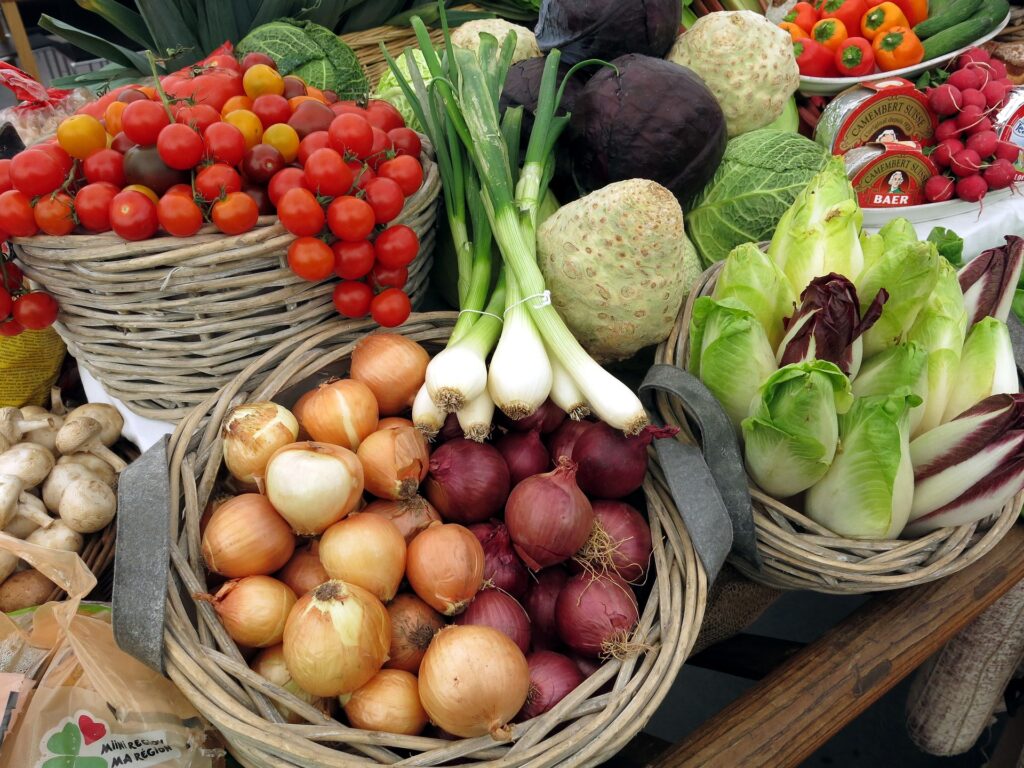
Rome: In 2022, one in ten people went to bed hungry, while nearly 3.1 billion people survived on starchy staples because they could not afford fruits and vegetables. While two in three children still do not have enough nutrition to grow to their full potential, we lose or waste enough food to feed 1.3 billion hungry people every year. Actually, food is also the single largest category of material placed in municipal landfills!
Currently, agrifood systems account for one-third of human-caused greenhouse gas emissions, 90 per cent of global deforestation and 70 per cent of water use globally, and are the single greatest cause of terrestrial biodiversity loss, putting pressure on food value chains.
“Countries can take concerted action to reverse these grim trends by transforming their agrifood systems harnessing its immense potential for positive impact reducing poverty, hunger and inequalities. At the same time they can choose pathways of transformation of their agrifood systems that minimize the trade-offs to our environment, biodiversity and climate,” Máximo Torero, FAO Chief Economist and Chair of the FAO Youth Committee said today.
Moving forward, the World Food Forum today officially unveiled its theme for 2023: “Agrifood systems transformation accelerates climate action” and launched its activities for the year culminating in a series of global events, competitions and actions taking place from October 16-20, 2023, at the Rome headquarters of the Food and Agriculture Organization of the United Nations (FAO).
The announcements were made at a side event organized on the sidelines of the 172nd Session of the FAO Council, and in support of the UN’s concurrent Economic and Social Council (ECOSOC) Youth Forum, sub-titled: “Youth Leadership: agrifood systems transformation accelerates climate action”.
Torero emphasized that transforming agrifood systems is a central part of the global climate solution, and young people are the heart of it as they act “as the inheritors of these challenges, but also as innovators and advocates for change.”
Many of the speakers at the FAO Council side-event today, including experts, youth leaders from the UN’s Rome-based Agencies, and youth representatives from UN Member countries underscored the comprehensive actions that are necessary to transform agrifood systems and make them more sustainable, from production to consumption. The speakers at the Youth Forum stressed that young people can play a leading role in actions such as, but not limited to:
- Sustainable production of food
- Reduction of food loss and waste
- Sustainable water management
- Sustainable resource management
Launched in 2021, the World Food Forum, an independent, youth-led global network created by the FAO youth committee and facilitated by FAO, aims to empower young people to actively transform agri-food systems to achieve the SDGs. It acts as an ongoing youth network in global food governance and serves as a global knowledge centre and innovation lab, fostering and inspiring youth-led solutions, which can create a meaningful impact on the ground.
“The Forum will further highlight the centrality of science, technology and innovation for agrifood systems transformation,” said Ismahane Elouafi, FAO Chief Scientist. “Science is central in allowing us as humans to produce more with less, to fight hunger while conserving our natural resources. By bringing together a diversity of perspectives based on science, along with fostering dialogue and debates between generations and disciplines, we can work together to chart a just and positive transformation of our agrifood systems, based on evidence,” Elouafi added.
– global bihari bureau





